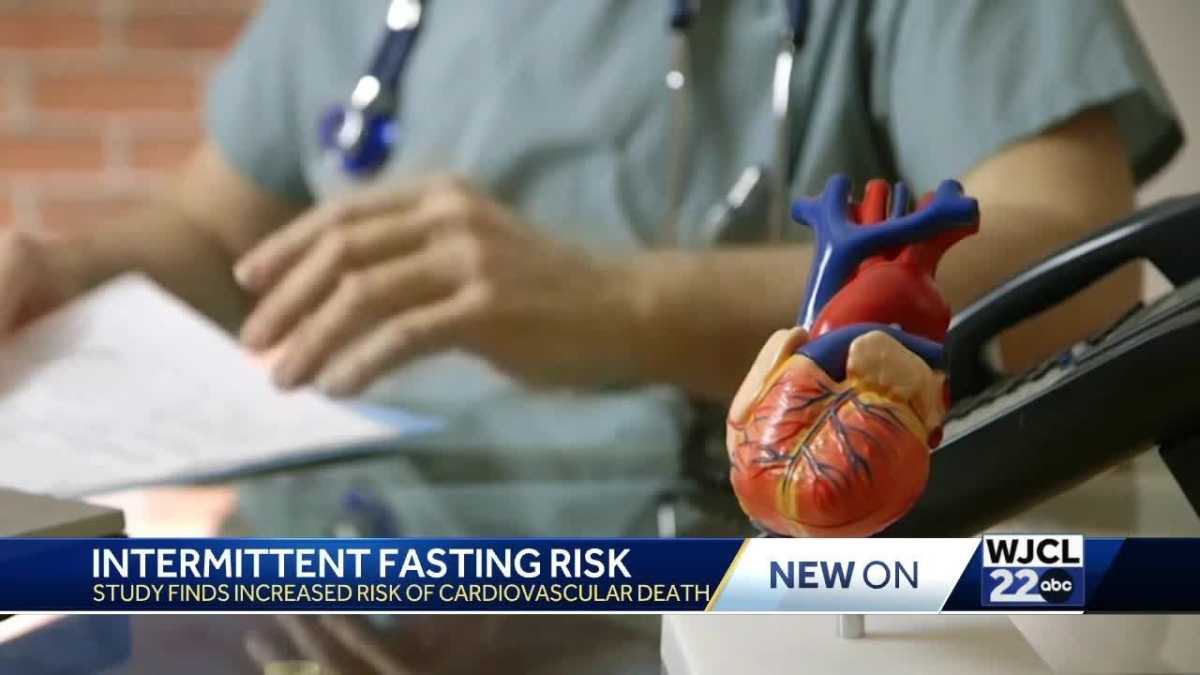Health
New Study Links Intermittent Fasting to Increased Risk of Cardiovascular Disease

A recent study presented at the American Heart Association‘s preliminary research meeting in Chicago has raised concerns about the potential risks associated with intermittent fasting. The study, led by Victor Wenze Zhong from the Shanghai Jiao Tong University School of Medicine, revealed a significant link between intermittent fasting and a higher risk of cardiovascular disease.
The research, based on data from the National Health and Nutrition Examination Survey conducted by the Centers for Disease Control and Prevention (CDC), analyzed the eating patterns of over 20,000 adults in the US. Participants following an 8-hour time-restricted eating schedule were found to have a 91% increased risk of death due to cardiovascular disease compared to those with a typical eating window of 12-16 hours per day.
While the study findings are preliminary, they highlight the need for further investigation into the potential health implications of intermittent fasting. Victor Wenze Zhong emphasized that the association identified does not imply causation, and more research is needed to understand the underlying mechanisms.
The study participants, primarily women and non-Hispanic white adults, self-reported their dietary habits over multiple days. The mortality data from the CDC’s National Death Index was then analyzed to determine the outcomes related to cardiovascular health.
Experts, including those at Stanford University, have expressed caution regarding the findings. They stress the importance of personalized dietary recommendations aligned with individual health status and scientific evidence. Further research is needed to examine nutrient quality and other factors that may impact the association between intermittent fasting and cardiovascular health.
As the scientific community continues to explore the effects of intermittent fasting, individuals are advised to consult healthcare professionals before making significant changes to their eating habits. The study underscores the importance of evidence-based dietary guidelines and the need for a nuanced approach to nutrition recommendations in the context of cardiovascular health.












